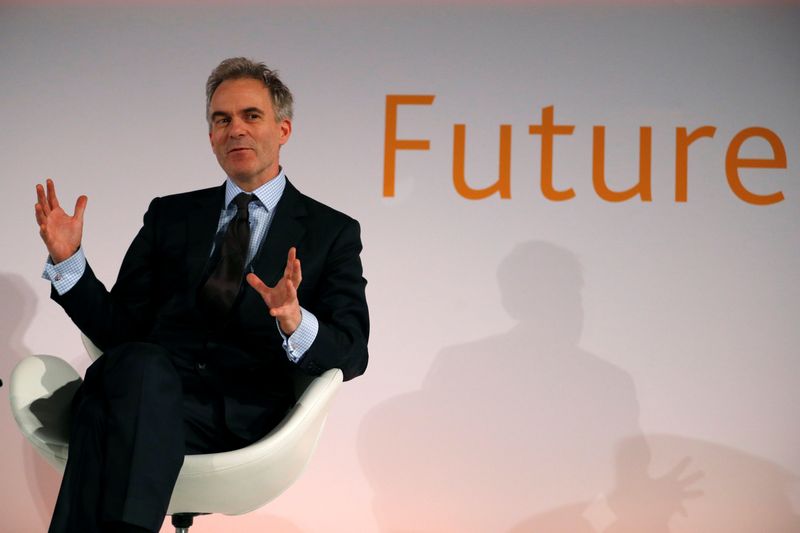LONDON (Reuters) -Bank of England (BoE) Deputy Governor Ben Broadbent said on Tuesday that central banks should not ignore measures of money supply, but claims that their huge bond-buying programmes stoked the global surge in inflation are not backed up by evidence.
Some politicians and analysts have blamed the waves of central bank money created by the BoE and other central banks since the 2008 financial crisis, and more recently during the COVID-19 pandemic, for the leap in prices.
Broadbent said policy had not been optimal in hindsight - but he cited supply-chain problems caused by the pandemic and the surge in energy prices after Russia's invasion of Ukraine in 2022 as clearer causes of the jump in prices than money supply.
British consumer price inflation hit its highest rate in more than 40 years in October at 11.1%, and remained above 10% in the most recent data for March.
"As an explanation for the inflation we've experienced I think this fits the actual data better than the single fact of strong household money growth during the pandemic," Broadbent said in a speech to the National Institute of Economic and Social Research, a think tank.
Some economists say the BoE, U.S. Federal Reserve and the European Central Bank missed signals from an increase in money supply that should have served as an inflation warning.
"In major economic areas, money supply growth was running at rates which would have set the alarm bells ringing not many years earlier. But somehow central banks thought that this did not matter," Roger Bootle, the chairman of consultancy Capital Economics, wrote in the Telegraph newspaper on Sunday.
But Broadbent said that even a six-month head-start for the BoE's tightening cycle would have lowered peak inflation by only around half a percentage point.
While the BoE did not ignore money supply, he said it needed to be kept in context with other economic variables, and that quantitative easing in practice was different to the 'helicopter drop' of money discussed in economic text books.
"Certainly the very strongest claims - that QE inevitably leads to rapid growth of commercial bank deposits (M4), on a par with that in the central bank's balance sheet, and that this, in turn, inevitably leads to excessive inflation - are not well supported by the evidence," Broadbent said.
Britain was now suffering from second-round effects of inflation, but not a wage-price spiral, he said.
The BoE and other central banks are still trying to assess how much further to raise borrowing costs to ensure the jump in inflation does not get embedded in their economies.

BoE Chief Economist Huw Pill said that as part of that process British businesses and individuals would need to accept that their earnings had fallen in inflation-adjusted terms.
"Somehow in the UK, someone needs to accept that they're worse off and stop trying to maintain their real spending power by bidding up prices, whether higher wages or passing energy costs through on to customers," Pill said in an episode of Columbia Law School's Beyond Unprecedented podcast that was released on Tuesday.